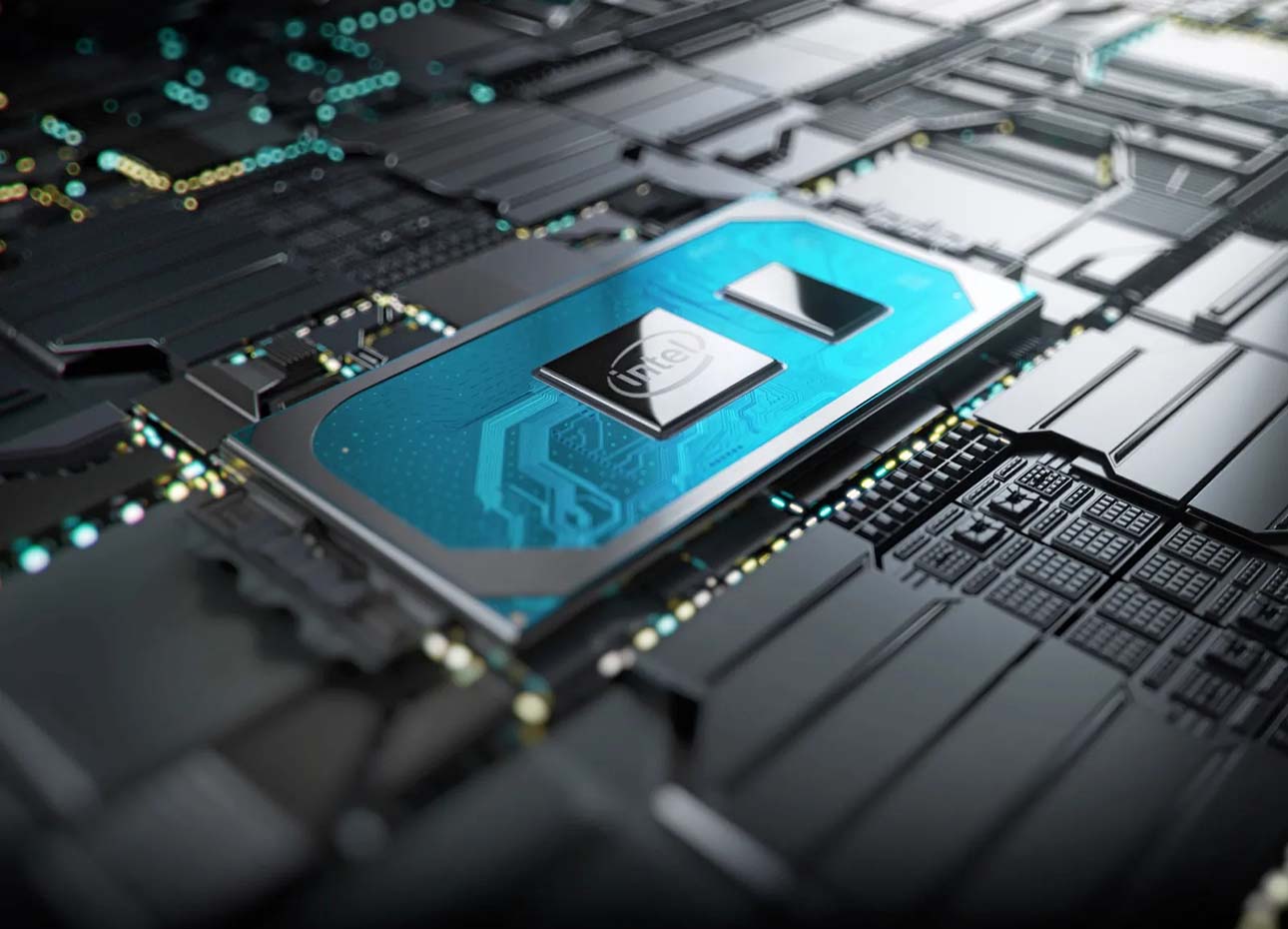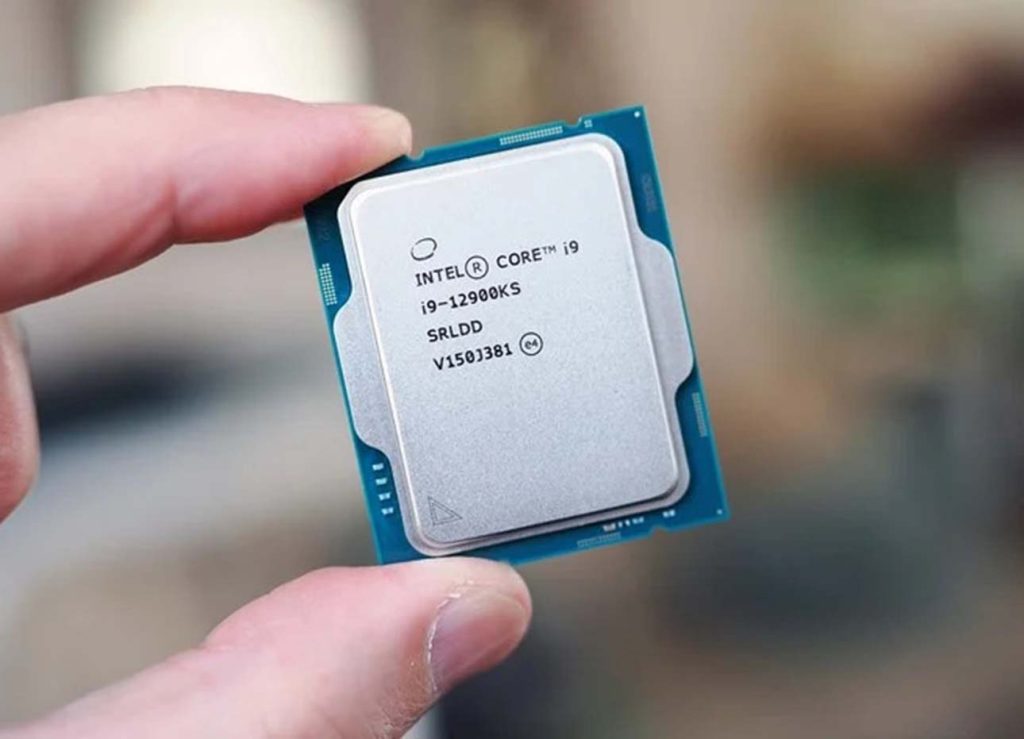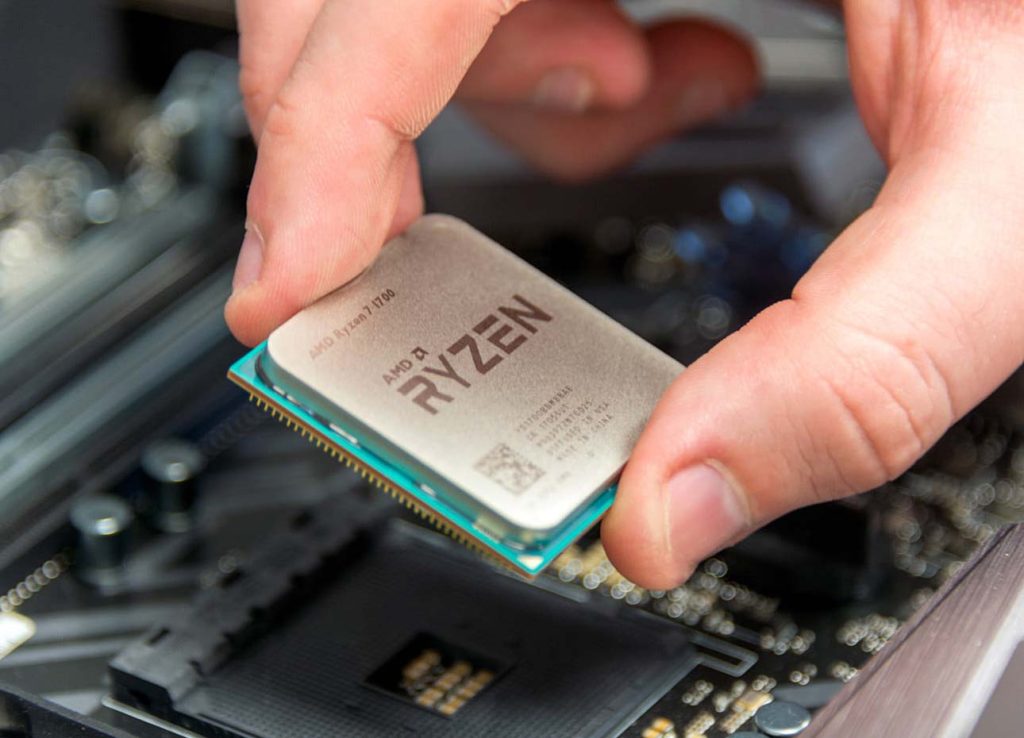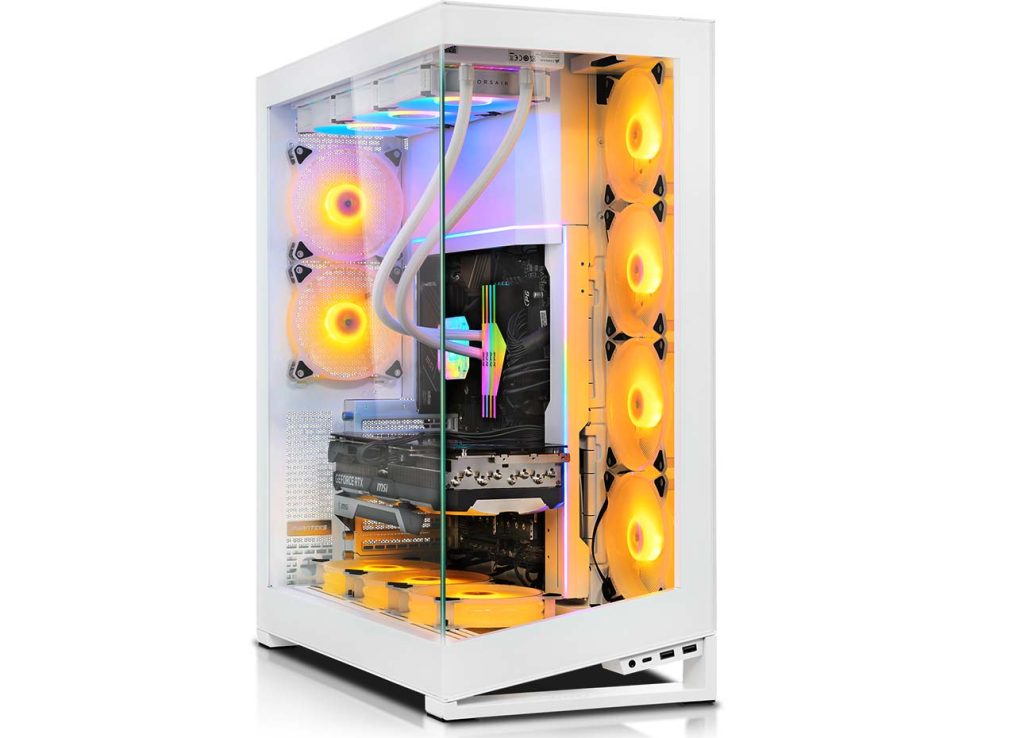
Understanding Laptop Processors: Which CPU is Best for Your Needs
When shopping for a new laptop, one of the most critical components to consider is the processor, often referred to as the Central Processing Unit (CPU). The CPU is essentially the brain of the laptop, dictating how fast and efficiently it can handle tasks, from simple web browsing to demanding video editing or gaming. Understanding the different types of laptop processors, their performance capabilities, and how they relate to your specific needs is essential in making an informed purchase.
What is a Laptop Processor?
A laptop processor, or CPU, is a chip that performs the majority of the computational tasks within a laptop. It executes instructions from programs, performs calculations, and manages data flow between different components of the laptop. The performance of the processor directly influences the overall speed, responsiveness, and capability of the laptop.
Key Components of a Processor
- Cores: A processor’s core is an independent processing unit within the CPU. Modern CPUs typically have multiple cores, allowing them to perform multiple tasks simultaneously (multitasking). More cores generally translate to better multitasking and parallel processing performance.
- Threads: Threads are sequences of instructions that can be managed independently by a core. Modern CPUs often support multithreading, meaning each core can handle two threads simultaneously, further enhancing performance.
- Clock Speed: Measured in gigahertz (GHz), clock speed indicates how many cycles a core can perform per second. Higher clock speeds usually mean faster processing, but they are not the sole determinant of performance.
- Cache: The cache is a small amount of high-speed memory located within the CPU. It stores frequently used data and instructions, allowing for faster access and reducing the need to fetch data from the laptop’s RAM.
- TDP (Thermal Design Power): TDP represents the amount of heat the CPU generates under maximum load, which in turn affects cooling requirements and energy consumption. Laptops with high-performance CPUs usually have higher TDPs, necessitating better cooling solutions.
Major CPU Manufacturers
The two dominant players in the laptop CPU market are Intel and AMD. Both companies offer a range of processors catering to different user needs, from budget-friendly options to high-end models for power users.
1. Intel Processors
Intel has long been a leading name in the CPU market, offering a broad range of processors across various segments. Here’s a breakdown of Intel’s major processor lines:

Intel Core Series
- Intel Core i3: Positioned as the entry-level option, Core i3 processors are suitable for basic tasks like web browsing, word processing, and media consumption. They typically feature 2 to 4 cores and are often found in budget laptops.
- Intel Core i5: The mid-range option, Core i5 processors offer a balance between performance and price. They usually come with 4 to 6 cores and support Intel’s Turbo Boost technology, which dynamically increases clock speed based on workload. Core i5 is ideal for everyday computing, including light gaming and multitasking.
- Intel Core i7: Designed for more demanding tasks, Core i7 processors are equipped with 6 to 8 cores and higher clock speeds. They are well-suited for content creation, gaming, and intensive multitasking. Many Core i7 models also feature Hyper-Threading, allowing for improved multitasking capabilities.
- Intel Core i9: At the top of the Core series, Core i9 processors are built for extreme performance. With 8 to 10 cores and high clock speeds, they are ideal for professionals engaged in video editing, 3D rendering, and other resource-intensive tasks. Core i9 CPUs are typically found in high-end laptops.
Intel Xeon
Intel Xeon processors are designed for workstation laptops that require maximum reliability and performance, especially in professional environments. They support advanced features like ECC (Error-Correcting Code) memory and are ideal for engineering, scientific computing, and content creation.
Intel Pentium and Celeron
These are Intel’s budget-oriented processors. While they offer lower performance compared to the Core series, they are sufficient for basic computing tasks like web browsing, streaming, and document editing. Pentium and Celeron processors are commonly found in entry-level laptops.
2. AMD Processors
AMD has been a strong competitor to Intel, especially with the introduction of their Ryzen series, which has gained popularity for its excellent price-to-performance ratio.

AMD Ryzen Series
- AMD Ryzen 3: Similar to Intel’s Core i3, Ryzen 3 processors are aimed at budget-conscious users. They offer 4 cores and decent clock speeds, making them suitable for everyday tasks such as browsing, streaming, and light office work.
- AMD Ryzen 5: Comparable to the Intel Core i5, Ryzen 5 processors provide a strong balance of performance and affordability. With 6 cores and 12 threads, Ryzen 5 CPUs are capable of handling more demanding tasks, including gaming and content creation.
- AMD Ryzen 7: Ryzen 7 processors are designed for users who require more power, such as gamers and content creators. Featuring 8 cores and 16 threads, Ryzen 7 CPUs excel in multitasking and running complex applications.
- AMD Ryzen 9: For top-tier performance, Ryzen 9 processors offer 12 to 16 cores, making them suitable for the most demanding tasks, such as 4K video editing, 3D rendering, and competitive gaming. Ryzen 9 processors are often found in high-performance gaming and workstation laptops.
AMD Athlon and A-Series
Similar to Intel’s Pentium and Celeron, AMD’s Athlon and A-Series processors cater to budget laptops. They offer basic performance suitable for light computing tasks and are typically found in entry-level laptops.
AMD Ryzen Threadripper
For those needing workstation-level performance in a desktop replacement laptop, the Ryzen Threadripper series is the answer. With an unprecedented number of cores and threads, these CPUs are built for extreme multitasking and heavy workloads in fields like video production and scientific computing.
Choosing the Right CPU for Your Needs
Now that you have a basic understanding of the different types of processors, let’s explore how to choose the right CPU based on your specific needs.
1. Basic Computing Needs
If your laptop usage is limited to browsing the web, checking emails, streaming videos, and using basic office applications, a lower-end processor like the Intel Core i3, AMD Ryzen 3, or even Intel Pentium or AMD Athlon will suffice. These processors provide enough power for everyday tasks without the need for the extra expense of higher-end models.
Recommended Processors:
- Intel Core i3
- AMD Ryzen 3
- Intel Pentium
- AMD Athlon
2. Office Work and Multitasking
For users who often run multiple applications simultaneously, such as office workers using Microsoft Office, web browsers with many tabs open, and occasional photo editing, a mid-range processor is more appropriate. The Intel Core i5 or AMD Ryzen 5 offer enough power to handle these tasks efficiently, with the added benefit of better multitasking capabilities.
Recommended Processors:
- Intel Core i5
- AMD Ryzen 5
3. Gaming
Gaming laptops require more powerful processors to ensure smooth gameplay and the ability to run modern games at high settings. While the GPU (Graphics Processing Unit) plays a significant role in gaming performance, the CPU is also crucial for handling game physics, AI, and overall system performance.
For casual to moderate gaming, an Intel Core i5 or AMD Ryzen 5 would be sufficient. However, for more demanding games or if you want to future-proof your system, an Intel Core i7, AMD Ryzen 7, or even a Ryzen 9 would be a better choice.
Recommended Processors:
- Intel Core i5 (for casual gaming)
- AMD Ryzen 5 (for casual gaming)
- Intel Core i7 (for demanding games)
- AMD Ryzen 7 (for demanding games)
- AMD Ryzen 9 (for high-end gaming)

4. Content Creation and Multimedia Editing
Tasks like video editing, 3D rendering, and graphic design require a powerful processor with multiple cores and threads. These activities involve handling large files and running complex software, so the CPU must be able to keep up.
For content creators, processors like the Intel Core i7 or i9, or AMD Ryzen 7 or 9, are ideal. These CPUs provide the necessary power for running professional-grade software like Adobe Premiere Pro, Blender, or AutoCAD, ensuring faster rendering times and smoother workflow.
Recommended Processors:
- Intel Core i7
- Intel Core i9
- AMD Ryzen 7
- AMD Ryzen 9
5. Professional Workstations
For professionals in fields such as engineering, architecture, scientific research, and video production, where running demanding applications like 3D modeling software, CAD programs, or large-scale simulations is required, a workstation laptop with a high-end CPU is essential.
Processors like the Intel Xeon or AMD Ryzen Threadripper are designed for these tasks. They support advanced features such as ECC memory, which helps prevent data corruption, making them suitable for mission-critical applications.
Recommended Processors:
- Intel Xeon
- AMD Ryzen Threadripper
Additional Considerations When Choosing a Processor
1. Battery Life
Higher-performance processors often consume more power, which can impact battery life. If portability and long battery life are priorities, you might want to choose a laptop with a more power
-efficient CPU, such as Intel’s U-series processors or AMD’s U-series Ryzen chips. These processors are optimized for better energy efficiency, making them ideal for ultrabooks and laptops designed for extended use away from power outlets.
2. Thermal Management
Powerful processors generate more heat, which requires effective cooling solutions to prevent thermal throttling (where the CPU reduces its speed to avoid overheating). When choosing a laptop, consider its cooling system, especially if you’re opting for a high-performance CPU. Laptops with inadequate cooling may suffer from reduced performance during prolonged use.
3. Future-Proofing
If you want your laptop to stay relevant and capable of handling future software updates and applications, consider investing in a more powerful processor. While this might increase the initial cost, it could save you from needing to upgrade your laptop sooner.
4. Integrated Graphics
Many processors, especially those from Intel, come with integrated graphics (IGPUs) that handle basic graphical tasks. For users who don’t require a dedicated graphics card, such as those who don’t play graphically-intensive games or use heavy design software, processors with strong integrated graphics, like Intel’s Iris Xe or AMD’s Radeon Vega, can offer good performance while keeping costs and power consumption low.
Choosing the right CPU for your laptop is a crucial decision that can significantly impact your overall computing experience. Whether you’re a casual user, a professional content creator, or a gamer, there’s a processor tailored to meet your needs. By understanding the different types of processors, their features, and how they align with your specific requirements, you can make an informed decision that ensures your laptop will serve you well for years to come.
In summary:
- For basic computing tasks, an Intel Core i3, AMD Ryzen 3, or similar budget processor will suffice.
- For office work and multitasking, an Intel Core i5 or AMD Ryzen 5 offers a great balance of performance and affordability.
- For gaming, consider an Intel Core i7, AMD Ryzen 7, or higher for the best experience.
- For content creation and multimedia editing, higher-end processors like the Intel Core i7/i9 or AMD Ryzen 7/9 are recommended.
- For professional workstations, opt for Intel Xeon or AMD Ryzen Threadripper processors for extreme performance.

